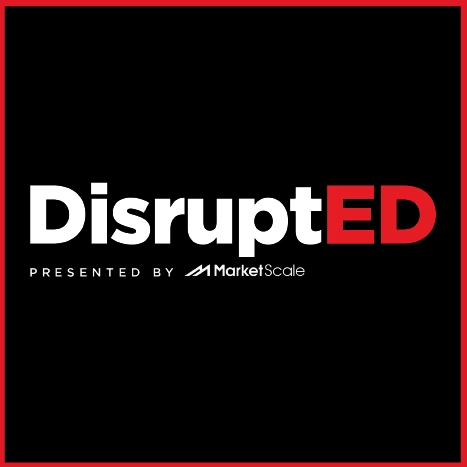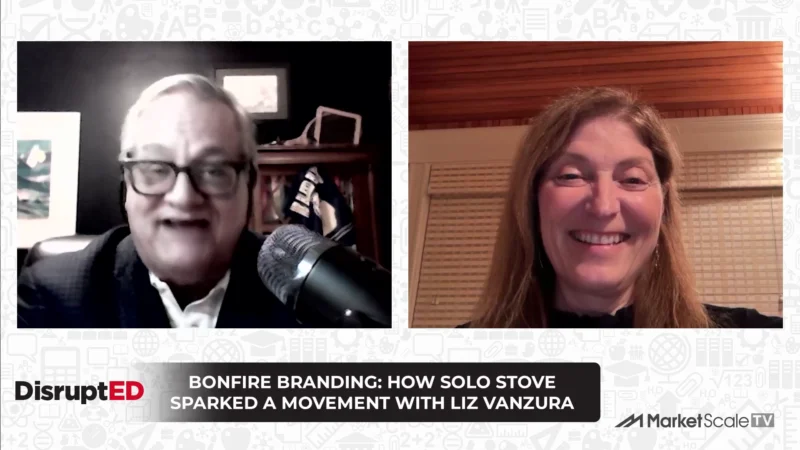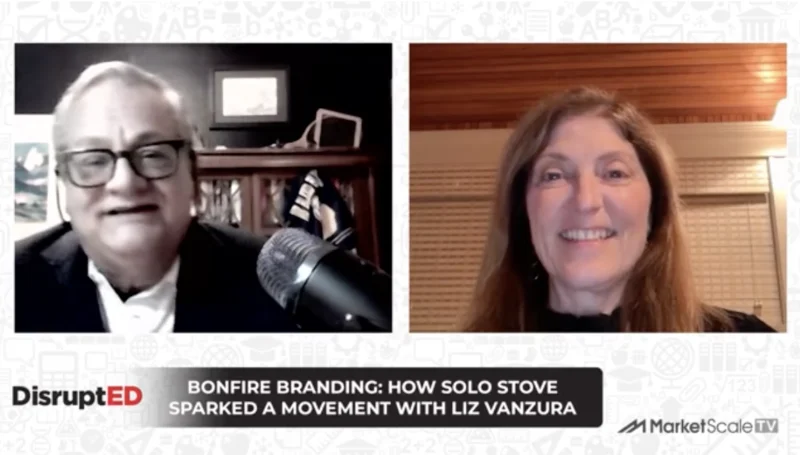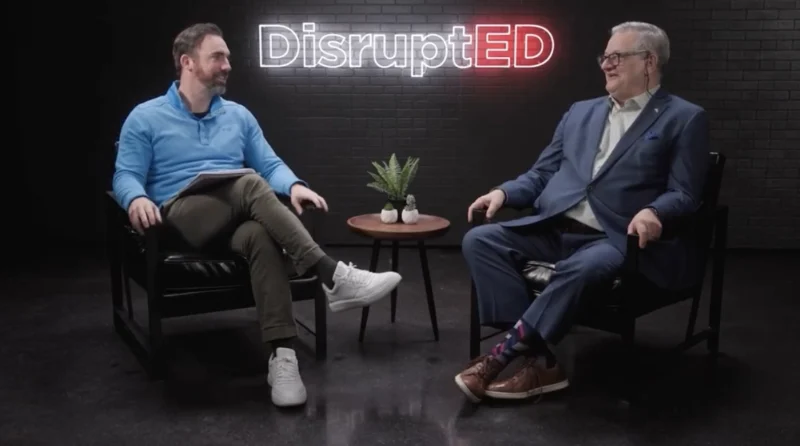Hip-Hop Museum Aims to Preserve the Genre’s Impact in a DisruptED World Part 1
As hip-hop turns 50, its influence on music, culture, and education continues to grow exponentially. In a world shaped by AI, digital interconnectivity, and rapid cultural shifts, the role of arts and culture in education is more important than ever. Hip-hop is at the front of this evolution with its roots in urban storytelling and entrepreneurship. Now, a new chapter in its history is being written with the upcoming opening of The Hip Hop Museum, spearheaded by Rocky Bucano, one of the genre’s pioneers.
How will this museum preserve and celebrate hip-hop’s lasting impact?
On this first episode of a two-part series on DisruptED, host Ron Stefanski sits down with Rocky Bucano, Founder and CEO of The Hip Hop Museum. They discuss Bucano’s beginnings in the Bronx, his groundbreaking role in the music industry, and his mission to preserve hip-hop’s legacy for future generations.
Key Points:
- Bucano’s journey: From a Bronx teenager fascinated by DJing to co-founding the influential Strong City Records, shaping the careers of future stars.
- Hip-hop’s adaptability: The genre’s unique ability to blend elements from jazz, rock, and R&B has helped it endure and evolve as a major cultural force.
- The Universal Hip Hop Museum: Set to open in 2025, the museum will document and celebrate hip-hop’s history, culture, and global impact, ensuring its preservation for future generations
Rocky Bucano is a Bronx native, legendary music executive, and hip-hop pioneer. He co-founded Strong City Records in the 1980s, where he helped launch the careers of several influential artists. Bucano has worked with cultural icons like DJ Jazzy Jay, Grandmaster Flash, and Kool Herc. His latest project is The Hip Hop Museum, set to open in 2025.




